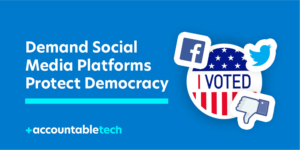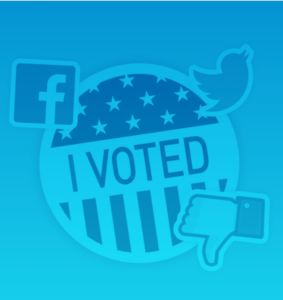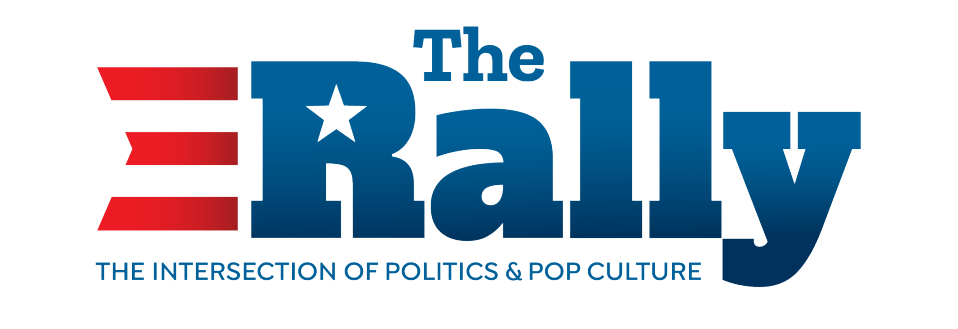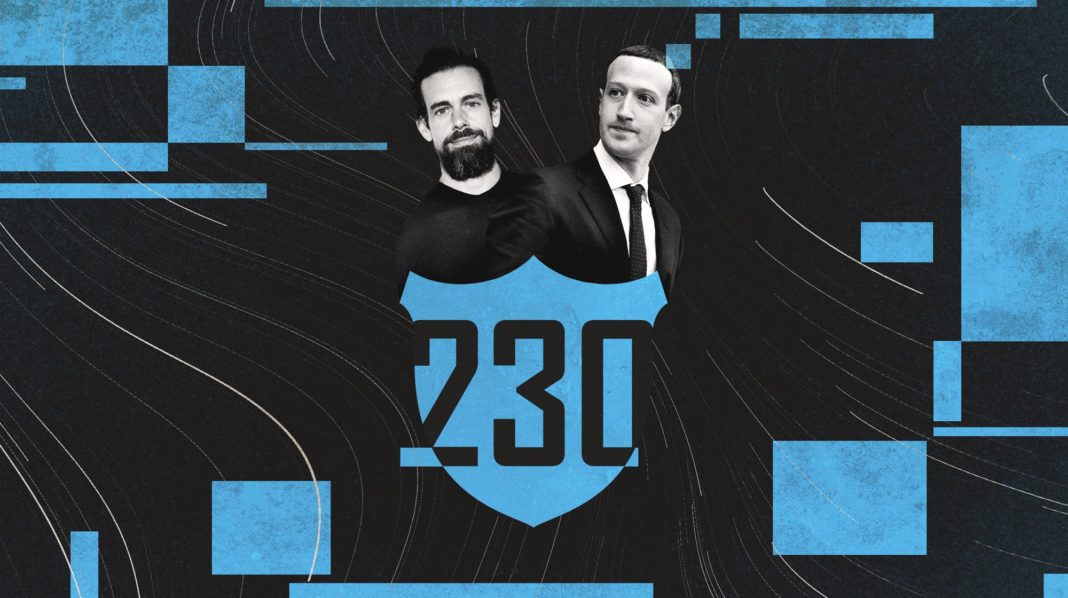The internet is ever-evolving, and in 2021 all eyes are on Congress as both sides of the political spectrum push to change Section 230 of the Communications Decency Act (CDA).
The internet has become a mine-field scattered with bits of rich thought and dangerous misinformation. Americans spend an average of 6.31 hours on the internet daily. The joy people once felt scrolling through smiling photos of friends, exciting news articles and creative content has become inundated with click-bait, violence as well as propaganda “fake news.” Fake news companies can make up to $30,000 a month in website ad sales, so it’s understandable to see why there is so much of it out there, especially in content-driven platforms like YouTube and Facebook. Clicks mean money and the more outrageous, the more clicks content receives. This fast spread of misinformation in the virtual digital world has real-world consequences.

In 2019, France experienced an outbreak of violence directly linked to social media. Fifty people, armed with sticks and knives, attacked Roma people, setting fire to their cars. These attacks were traced to an online hoax video that had gone viral, claiming women and children were abducted in white vans.
Some viral content on the internet encourages dangerous or deadly behavior in exchange for internet glory. In January 2017 alone, there were 39 teenagers poisoned by Tide Pods when consuming the colorful pods went viral. In 2016, the cases for the entire year only totaled 54 in that age group. Whether it’s fake news stories leading to violence or viral dangerous “challenges,” people were already getting fed up with the dangers of the internet.
It’s easy to see all of this violence and want to go after the companies that not only allow this information to go viral but profit off of it. In light of tragic events that originated on social media and resulted in offline violence in 2020, Congress looks to change Section 230 of the Communications Decency Act to hold social media companies and websites more accountable. Biden’s nominee for the Commerce Department Secretary stated that if confirmed, she intends to seek changes to CDA Section 230, with President Biden himself saying that he believes the law should be “revoked”. The protected intermediaries include regular Internet Service Providers (ISPs) and a range of “interactive computer service providers,” including basically any online service that publishes third-party content. It sounds like a great idea on the surface, but experts warn that changing Section 230 can do more harm than good.
Section 230 of the Communications Decency Act protects websites and social media companies from lawsuits if a user posts something illegal or uses the platform to instigate violence. These protections are unique to US law and many other countries do not have such statutes, allowing them to censor more of their online content. It’s because of this, most extensive online companies are based in the United States. CDA Section 230 maintains the haven for these corporations that provide a platform for user-based content. This free expression supports these companies and provides a platform for political speech and controversial content.

Repealing CDA Section 230 would have a massive impact on social media companies, making them legally responsible for their users’ posts and content. Though it may be tempting to cut these protections to stop the violence, more censorship does not always mean more safety. For example, social media helps victims of sex trafficking reach out and find help. In 2018, FOSTA/SESTA legislation censored sex work on the internet and put lives in danger. Due to this legislation, it became more challenging to identify sex-workers who were being trafficked and intervene.
By censoring the internet, the government could inadvertently give more power to the pre-existing media giants and limit innovation. Removing CDA Section 230 may result in smaller platforms and companies dying off, being unable to sift through their content and keep up with the big companies. Big tech would become more powerful, deciding who can share information and what information can be shared. Companies would have to sift through massive amounts of data. The sharing of ideas would be slowed significantly, meaning that any platform that depends on user-uploaded content would be unviable for start-ups.
“Although anything is possible, I think it’s unlikely that Section 230 will be repealed outright,” said Seth Stern, Attorney at Chicago-based law firm Funkhouser Vegosen Liebman & Dunn Ltd. “That idea plays well politically because it’s tough on big tech, but holding Twitter responsible for anything its members post would destroy the business model and turn the internet on its head. It would also likely lead to speech that may be controversial, but is not unlawful, being removed because companies are going to err on the side of caution. That said, I think there’s a good chance we see some changes.”
According to Stern, one proposal has been to hold companies liable for paid or promoted content. Others have suggested that companies should lose their immunity when they use algorithms that may lead to increased visibility for inflammatory posts. It’s impossible to predict what will happen but there seems to be bipartisan desire for action.
While CDA 230 doesn’t protect users from their own statements, should that information be false or dangerous, it does protect users from liability for statements of other users that they may have inadvertently prompted.
The internet is a place where people can learn and share ideas. Anyone can go online and upload a video, sharing their knowledge, giving free classes, spreading awareness, or sharing fake news. Though there are important exceptions for specific criminal and intellectual property-based claims, CDA Section 230 creates a broad protection that has allowed innovation and free speech online to flourish and provides a platform for violence. As the internet continues to evolve, it will be interesting to see the solutions presented to this problem.


